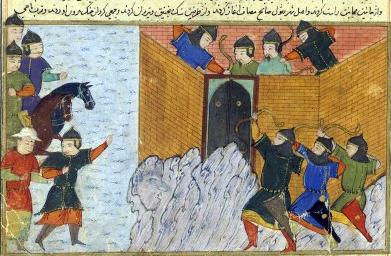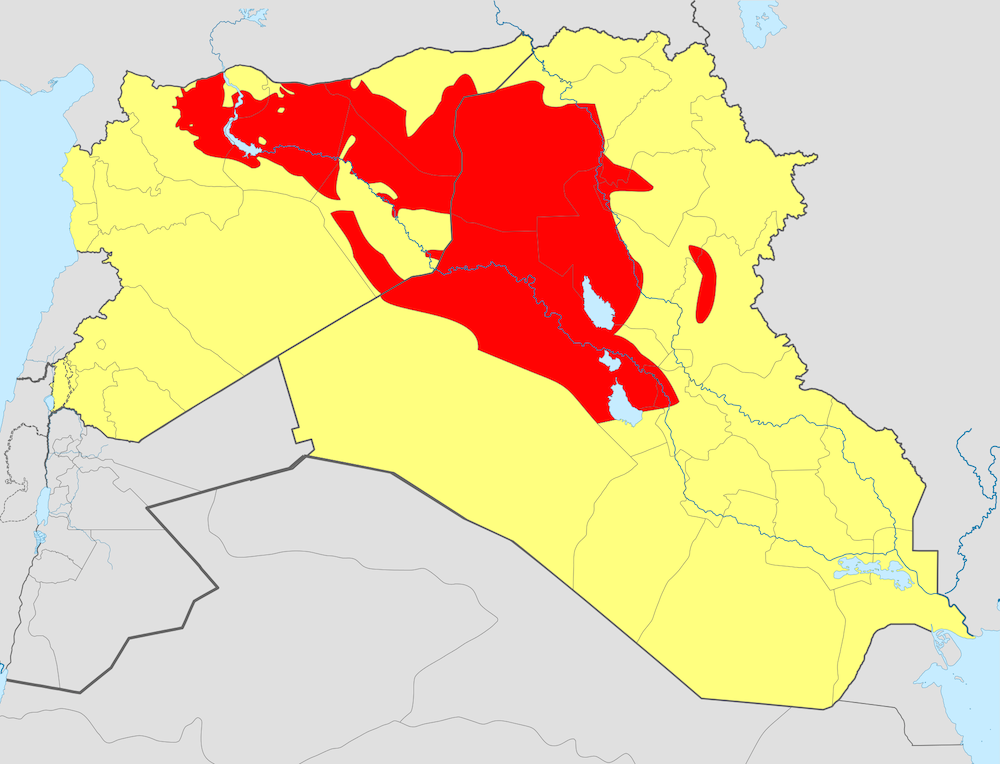…when even the Amish are doing it.
Amish communities in six counties are taking drastic actions to control a rapidly spreading outbreak of measles, including vaccinations, quarantines, cancelation of church services, and postponements of weddings and other events where people would gather in large numbers from multiple locations.
They aren’t religiously opposed to vaccines, contrary to popular belief, but just have a low rate of vaccination due in part to nobody requiring them to get shots.
Meanwhile, on that note, a Federal judge in New York — where the crunchy anti-science-left private school parents have made measles all the rage again — just expanded the power of schools to strongly encourage vaccination, by compelling kids who aren’t immunized (by parental choice) to effectively drop out of school for days or weeks at a time every time someone else at the school became sick. The various parents in the suit tried to claim a religious exemption — again, remember that even the Amish don’t mess around with such BS — to this school exclusion, but the judge said that public health concerns trumped that under the famous Supreme Court ruling from the first decade of the 20th century:
In turning down all three families, Judge Kuntz cited a 1905 Supreme Court ruling that upheld a $5 fine for a Massachusetts man who disobeyed an order to be vaccinated during a smallpox outbreak, a case that helped establish the government’s right to require immunizations as a matter of public health.
So, you don’t have to vaccinate your kid, but the public school doesn’t have to let your kid be there either. The lawyers for the families tried to claim the vaccines of are somehow differenter and dangerouser now than in 1905 because reasons.
Past Arsenal For Democracy Radio Segments on This Topic
Guest expert Dr. Sydnee McElroy of the “Sawbones” podcast explains the science of vaccines.
Part 1 – Sydnee McElroy – AFD 78
Nate and Greg join Bill to talk about rising vaccine hysteria, the importance of public vaccinations, and how the “debate” fits into the broader arc of American politics and ideology.
More on the New York ruling this month:
Ms. Check said she rejected vaccination after her daughter was “intoxicated” by a few shots during infancy, which she said caused an onslaught of food and milk allergies, rashes and infections. Combined with a religious revelation she had during the difficult pregnancy, she said, the experience turned her away from medicine. Now she uses holistic treatments.
“Disease is pestilence,” Ms. Check said, “and pestilence is from the devil. The devil is germs and disease, which is cancer and any of those things that can take you down. But if you trust in the Lord, these things cannot come near you.”
Seems legit.
Podcast: Play in new window | Download
Subscribe: RSS






